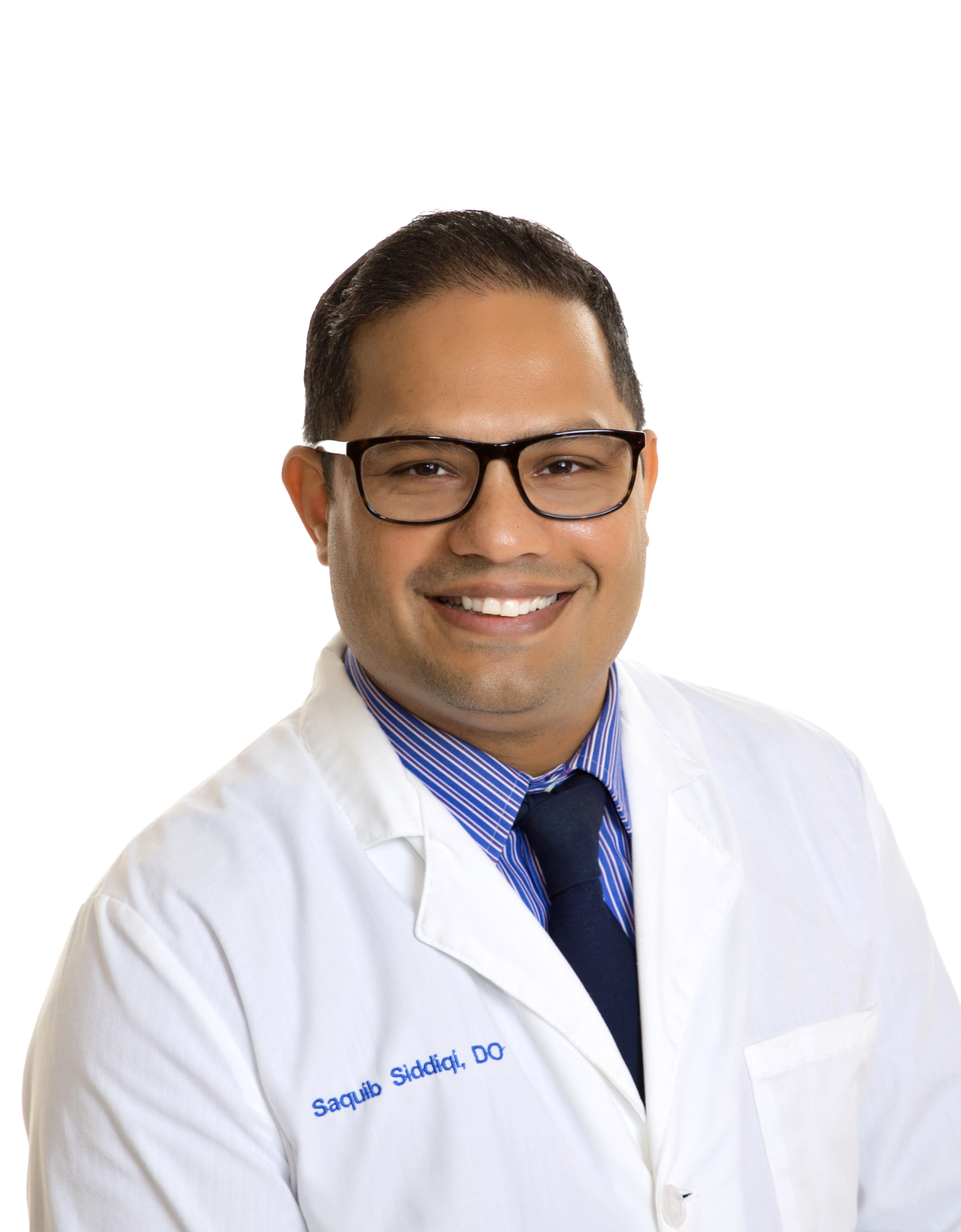Evangelical Physician Encourages People to Show Their Hearts Some Love
Evangelical Physician Encourages People to Show Their Hearts Some Love

Evangelical Physician Encourages People to Show Their Hearts Some Love
As February arrives, it’s the perfect month to not only focus on love and kindness to others, but to also be intentional about heart health.
Evangelical Community Hospital’s newest heart expert, Saquib Siddiqi, MS, DO, Cardiologist at the Heart and Vascular Center of Evangelical, recently shared what individuals need to know about basic heart health.
“One of the key factors in heart health is blood pressure and what that means when you’re provided those numbers at your doctor’s office or at a health screen,” said Dr. Siddiqi. “One of the best analogies for blood pressure is to think about a hose on a pump and the pressure inside of that hose. The higher the pressure in the hose, the harder the pump has to work to get something through the hose. In the body, the hose is the artery and the pump is the heart.”
The higher the pressure in the artery, the more stress it places on the walls of that artery. With stress comes wear and tear that can create a risk for arterial disease, heart attacks, and strokes.
“As a cardiologist, we like the blood pressure to be at 120/70 mmHG. The top number is the pressure when your heart pumps, and the bottom number is when your heart relaxes,” said Dr. Siddiqi. Both are important in gauging how well the heart is working based on pressure. The best way to avoid high blood pressure is minimizing salt intake, avoiding heavy alcohol use, quitting tobacco use, and stress management.”
Another component of heart health is knowing numbers related to cholesterol and understanding the impact they have on how the heart works.
“Cholesterol is a type of fat found in the blood. Everyone’s liver makes some cholesterol for the body and cholesterol is also found in foods that are eaten. LDL is the ‘bad” cholesterol and HDL is the ‘good’ cholesterol,” said Siddiqi.
While there are exceptions to the rule, in general for patients who have not had strokes, heart attacks, or arterial disease, LDL should be below 100 mg/dL and HDL should be above 40 mg/dL. If cholesterol is not in that range, it can build up and cause strokes and heart attacks.
According to Dr. Siddiqi, studies have shown the best way to increase good cholesterol is to exercise and good way to lower bad cholesterol is by using a diet that focuses on heart healthy foods. If diet and exercising isn’t working to keep cholesterol in check, medications can be introduced that can provide an assist and be lifesaving. For those with a family history of high cholesterol, patients should see a doctor regardless of age because that history may require extra attention.
“Regular check-ups and follow-ups with a family doctor are vitally important,” said Siddiqi. “Building a relationship with a physician early on in life and carrying it through later stages allows them to regularly screen and treat risk factors for heart and vascular disease before they become a problem. The best way to fix an issue is to catch it early!”
As for when to consider seeing a cardiologist, Dr. Siddiqi offers a quick list of considerations.
If you have:
- a family history of heart disease
- chest pain, pressure, palpitations, or fluttering in the heart
- a history of high cholesterol or high blood pressure that is hard to control
- a history of heart failure or valve problems.

